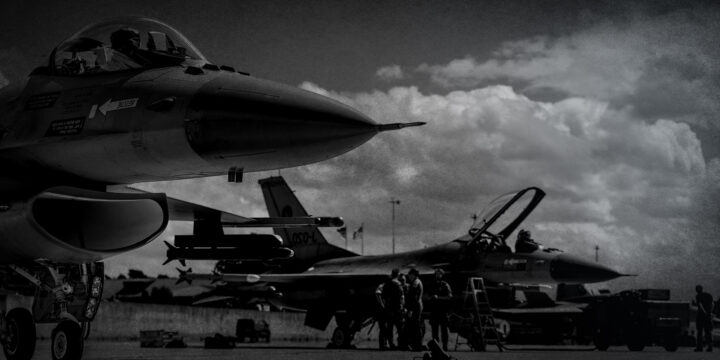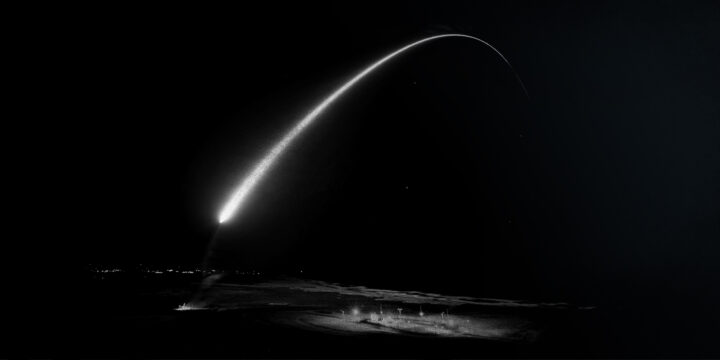Past Virtual Event: Evaluating NATO enlargement: from Cold War victory to the Russia-Ukraine war
Founded in 1949 with 12 members, NATO successfully balanced the Soviet Union during the Cold War. When the Soviet Union fell, there were 16 NATO members—today, there are 31 member states, with Sweden likely to join soon. Russia’s invasion of Ukraine and Ukraine’s desire for NATO membership puts post-Cold War NATO enlargement and the future of trans-Atlantic security at the forefront of foreign policy debates.
What impact has NATO had on European and American security? Did NATO enlargement strengthen the alliance by adding new contributing members and spreading democracy, or did it weaken the alliance by increasing the territory that must be protected and triggering security dilemma dynamics with Russia? Did Ukraine make a strategic mistake by pursuing NATO membership instead of armed neutrality? Given Russia’s poor conventional military performance and higher priorities in Asia, how heavily should the U.S. invest in European security?





